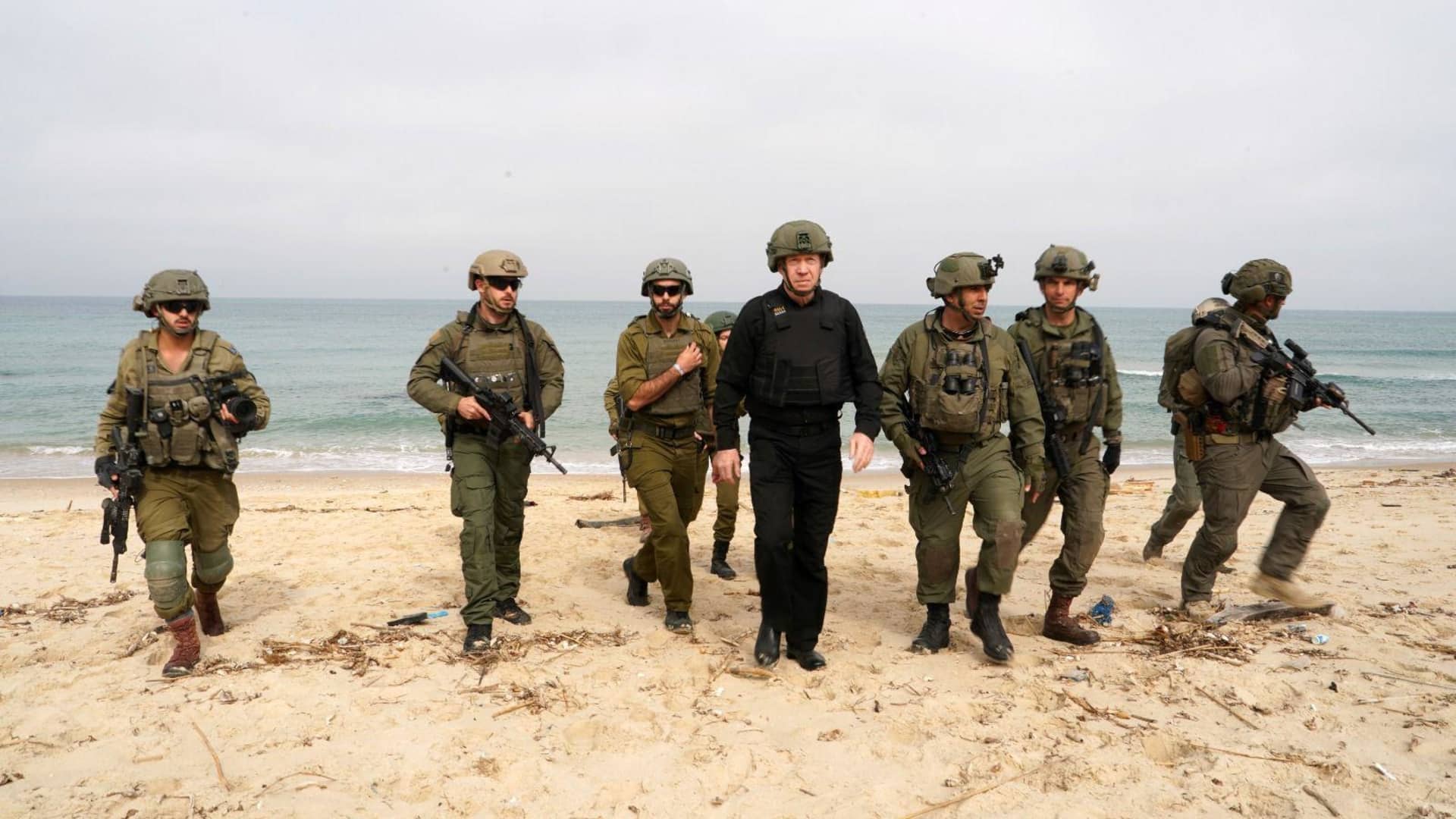Crude oil futures fell for a second day Tuesday as the recent rally paused while traders took stock of where the conflict in Middle East was heading.
The West Texas Intermediate contract for May delivery fell 48 cents, or 0.56%, to $85.95 a barrel. The June Brent futures contract lost 32 cents, or 0.35%, to $90.06 a barrel.
Crude prices settled lower Monday after Israel reduced its forces in Gaza over the weekend, suggesting the country’s military campaign might transition to a more limited phase.
But Barclays head of equity derivatives strategy Stefano Pascale said there are still upside risks to oil prices, particularly from geopolitical tensions in the Middle East, despite the recent rally taking a pause.
“Further melt-up may reawaken inflationary concerns, derailing the equity rally,” Pascale told clients in a note Tuesday. Investors will be closely watching the March consumer price index reading on Wednesday to see how oil prices have impacted headline inflation.
Oil rallied more than 4% last week as Israel and Iran teetered on the brink of a direct confrontation after Tehran’s consulate in Damascus was destroyed in a missile attack.
“The conflicts in the Middle East increase the risk of a wider regional conflict, which could have implications for oil supply, but it is important to note that Iran has, so far, refrained from getting directly involved in the conflict and OPEC spare capacity is currently elevated,” Amarpreet Singh, energy analyst at Barclays, told clients Friday.
Israel Prime Minister Benjamin Netanyahu vowed late Monday to press on with an offensive against the southern city of Rafah on the Egyptian border, saying a date had been set for the operation.
“This victory requires entry into Rafah and the elimination of the terrorist battalions there. It will happen —there is a date,” Netanyahu said in an address.
The U.S has warned Israel against launching an offensive against Rafah, where more than 1 million Palestinians who have fled fighting elsewhere in Gaza are taking refuge.
Ceasefire negotiations also appeared deadlocked in Cairo, with Hamas saying Israel’s proposal did not meet Palestinian demands.
WTI has gained 20.8% this year while Brent is up more than 17% as geopolitical tensions mount against the backdrop of rising demand and OPEC+ production cuts that are expected to push the market into a supply deficit this year. Barclays expects a 400,000 barrel per day deficit for 2024.
